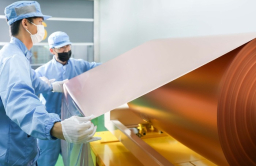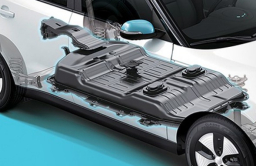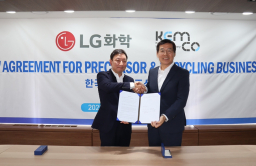-
KOSPI 2577.27 -2.21 -0.09%
-
KOSDAQ 722.52 -7.07 -0.97%
-
KOSPI200 341.49 +0.02 +0.01%
-
USD/KRW 1396 -2.00 0.14%
South Korea approves Korea Zinc’s precursor as national core technology
Batteries
South Korea approves Korea Zinc’s precursor as national core technology
The designation comes amid a management feud between the smelter’s CEO and Young Poong-MBK alliance
By
Nov 19, 2024 (Gmt+09:00)
2
Min read
News+
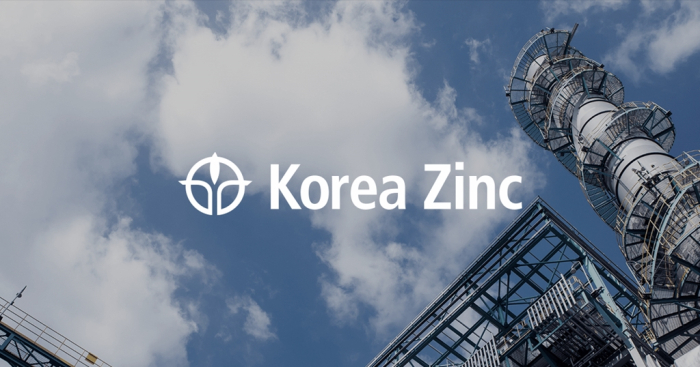
South Korea has designated Korea Zinc Inc.'s precursor manufacturing process as a national core technology and advanced industrial technology, effectively preventing foreign capital from acquiring the technology without government approval.
Korea Zinc, the world’s largest lead and zinc smelter, said it has obtained approval on the designation from the Ministry of Trade, Industry and Energy.
A precursor is an ingredient of a cathode, one of four key materials of an electric vehicle battery. It accounts for 60-70% of the cost of manufacturing cathodes.
It is a chemical compound of metals such as nickel, cobalt, and manganese that turns into a cathode with the addition of lithium.
China controls over 90% of the global precursor market.
Korean battery materials makers such as Korea Zinc, POSCO Future M Co., EcoPro BM Co. and L&F Co. have been working to localize precursor production.
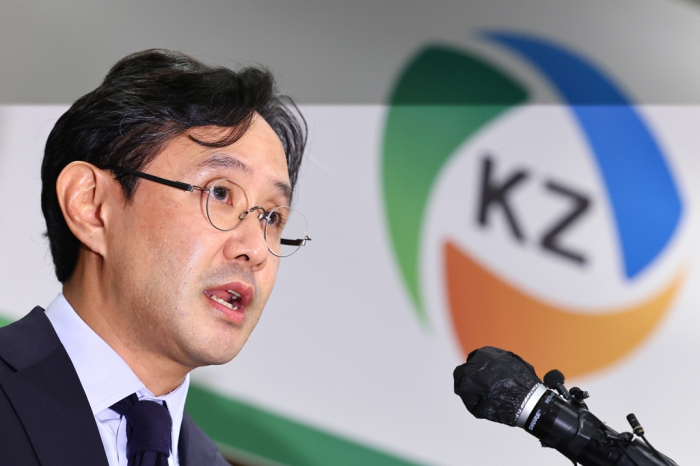
Korea Zinc has partnered with LG Chem Ltd., the parent of battery maker LG Energy Solution Ltd., to manufacture precursors in-house.
Under the law, any foreign capital aspiring to acquire a Korean company with government-designated precursor technology requires approval from the trade, industry and energy minister.
BATTLE FOR MANAGEMENT CONTROL OF KOREA ZINC
The designation comes amid an escalating dispute over the management of Korea Zinc.
Young Poong Corp., the smelter's largest shareholder, joined hands with MBK Partners, a private equity firm focused on Northeast Asia, to purchase more Korea Zinc shares to acquire a controlling stake in the company – a tender offer that began Sept. 13.
In its defense against the bid, Korea Zinc Chairman Choi Yun-birm has partnered with US private equity firm Bain Capital.
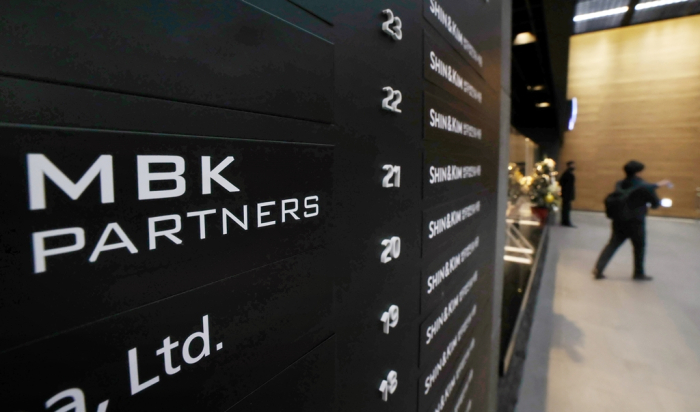
A Korea Zinc official said: “There is a possibility that MBK, as a private equity fund, could later attempt to separate Korea Zinc’s precursor business and sell it for gains.”
In response, MBK said it welcomes the government designation of Korea Zinc’s precursor as a national core technology and that it has no plans to sell Korea Zinc’s stake to a foreign entity to gain from its investment in the smelter.
The private equity firm’s founder and Chairman Michael ByungJu Kim recently said its takeover bid for Korea Zinc is designed to improve corporate governance and shareholder value at the lead and zinc smelter.
A ministry official said if Korea Zinc’s precursor business is separated and owned by another company, it would theoretically be possible to sell the remaining Korea Zinc business overseas.
“Among Korean companies, Korea Zinc is the closest to achieving independence in precursor production. This is a key reason why companies, including Hyundai Motor Co., have invested in Korea Zinc,” said an industry watcher.
Write to Hyung-Kyu Kim and Yeong-Hyo Jeong at khk@hankyung.com
In-Soo Nam edited this article.
More To Read
-
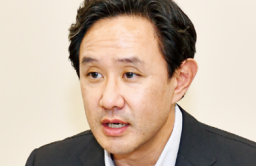 Mergers & AcquisitionsKorea Zinc chair hatches plan to maintain management control
Mergers & AcquisitionsKorea Zinc chair hatches plan to maintain management controlNov 18, 2024 (Gmt+09:00)
-
 Mergers & AcquisitionsMBK Partners tipped to win battle for control of Korea Zinc
Mergers & AcquisitionsMBK Partners tipped to win battle for control of Korea ZincNov 12, 2024 (Gmt+09:00)
-
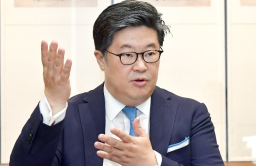 Mergers & AcquisitionsMBK’s Korea Zinc bid aimed at corporate governance, shareholder value
Mergers & AcquisitionsMBK’s Korea Zinc bid aimed at corporate governance, shareholder valueNov 05, 2024 (Gmt+09:00)
-
Jul 17, 2023 (Gmt+09:00)
-
Apr 14, 2023 (Gmt+09:00)
-
Jun 02, 2022 (Gmt+09:00)


